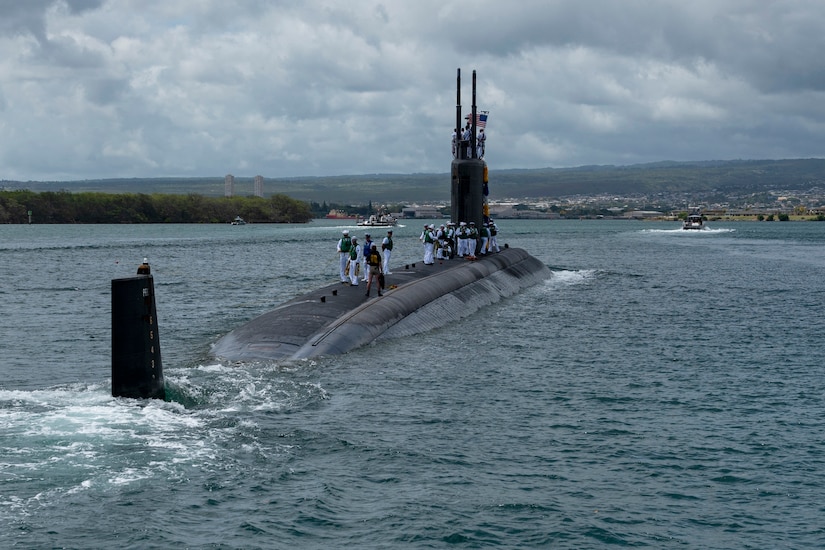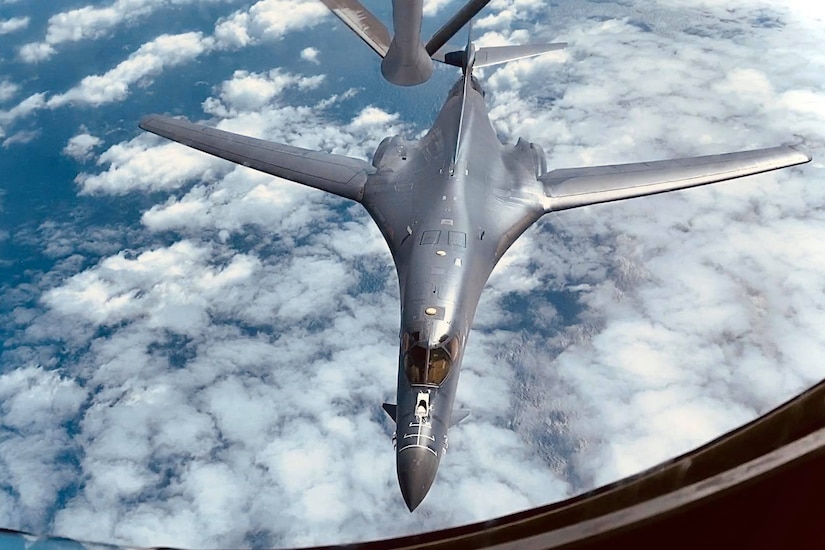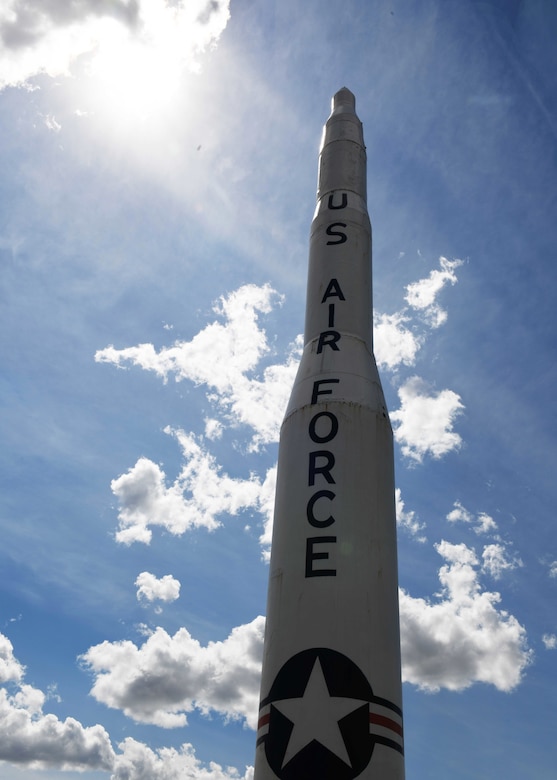Speaking today at the Nuclear Deterrence Forum sponsored by the Air Force Association’s Mitchell Institute, Navy Adm. Charles A. Richard discussed the rapid modernization and readiness improvements by Russia and China in both their strategic and conventional military capabilities — and the challenges those improvements pose for the United States.


"China is on a trajectory to be a strategic peer to us by the end of the decade. So for the first time ever, the U.S. is going to face two peer-capable nuclear competitors," Richard said, adding that Russia is the other peer. "We have never faced that situation before."
China is in the process of completely building out its own nuclear triad, with the strategic bomber being the last part to be put into place, he said. The other two legs of the triad — intercontinental ballistic missiles and submarines — are already operational.

In addition, the admiral said, China is expanding all of its other capabilities, including new command and control systems and new warning systems, as well as conventional readiness and modernization improvements.
In its rapid expansion of across-the-board military capabilities, Richard said, China always goes faster than the United States.
He noted that in 2013, the Chinese didn’t have a coast guard. Today, he said, it has 255 cutters, adding that the coast guard is a perfect instrument to use below the threshold of armed conflict.
Likewise, Richard said, Russia has been modernizing everything over the last 15 years, and that process is about 70% complete. That includes command and control, warning systems, doctrine, as well as improved readiness and competence in conducting exercises, he said.
"The United States and the Department of Defense have not had to consider the full implications of competition through possible crisis and possible armed conflict with a nuclear-capable peer adversary in close to 30 years," he said. "The implications are profound."

The department has good leadership and a good strategy for addressing the situation, in the National Defense Strategy, Richard said. The NDS states that, in conflict, all domains — sea, air, land, space and cyber — will be challenged, he said, adding that it warns that strategic deterrence, which has always been foundational to the rest of the defense strategy, "will be tested in ways that haven't been tested before."
The admiral said that despite the COVID-19 pandemic, Stratcom "did not miss a beat."
"We remained fully mission-capable throughout," he said.








No comments:
Post a Comment